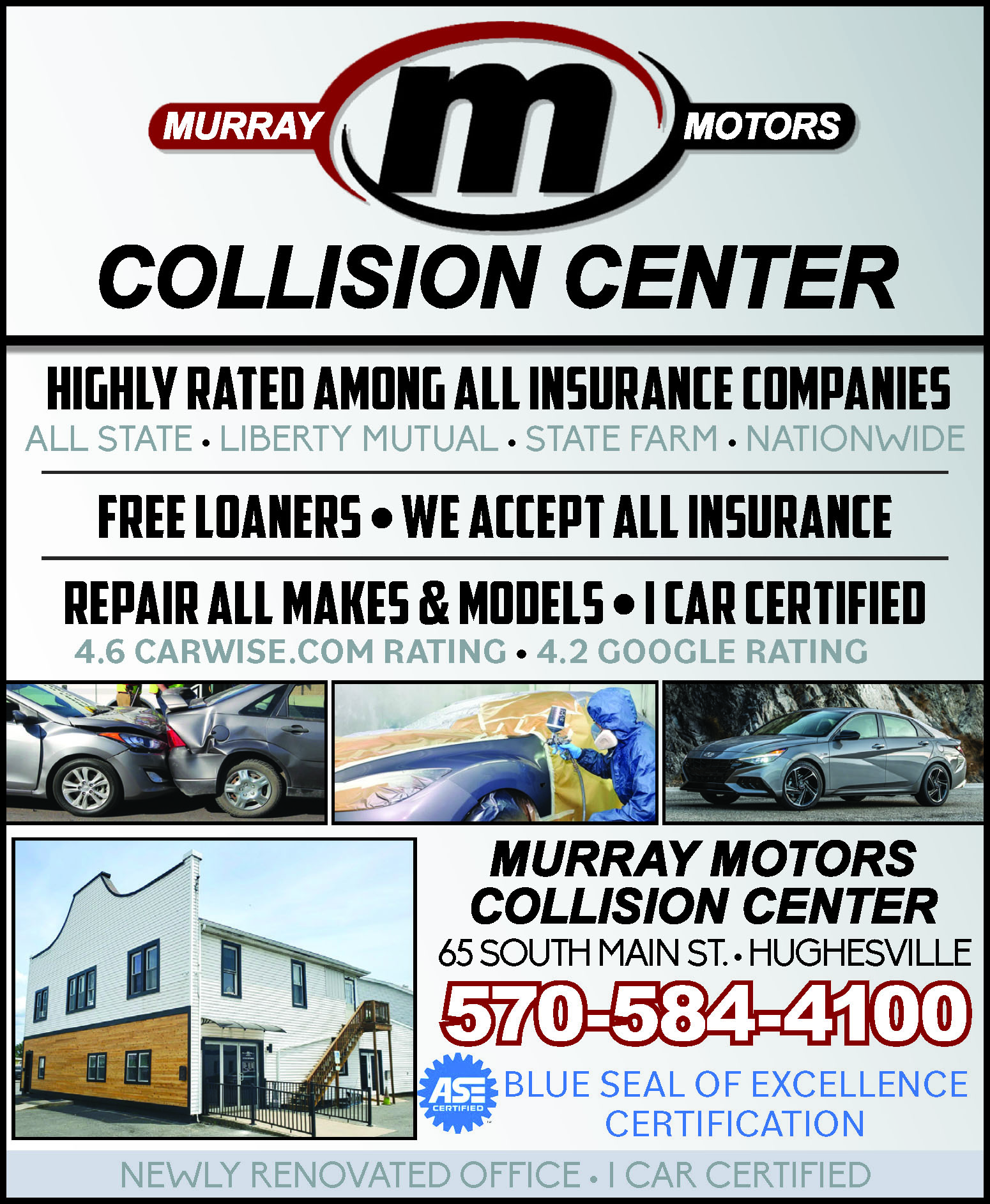The kids are just out of school, adults are on vacation and it’s time for outdoor activities like riding bikes and hosting barbecues. However, the U.S. Consumer Product Safety Commission (CPSC) warns that summer also is the time of year consumers are most likely to be injured. As we welcome the arrival of summer, please be safe out there!
More than 3.7 million consumers go to hospital emergency rooms with product-related injuries in June, July and August every year.
To avoid becoming a statistic, CPSC advises everyone to enjoy summer activities with safety in mind.
• One of the best ways to stay safe this summer is to wear a helmet and other safety gear when biking, skating and skateboarding, and when riding scooters, all-terrain vehicles, and horses. Studies on bicycle helmets have shown they can reduce the risk of head injury by as much as 85 percent.
• Use layers of protection to prevent a swimming pool tragedy. This includes placing barriers completely around your pool to prevent access, using door and pool alarms, closely supervising your child and being prepared in case of an emergency.
• When cooking outdoors with a gas grill, check the air tubes that lead into the burner for any blockage from insects, spiders, or food grease. Check grill hoses for cracking, brittleness, holes, and leaks. Make sure there are no sharp bends in the hose or tubing. If you ever detect a leak, immediately turn off the gas at the tank and don’t attempt to light the grill until the leak is fixed. Newer grills and propane tanks have improved safety devices to prevent gas leaks.
• Make sure your home playground is safe. Falls cause 60 percent of playground injuries, so having a safe surface is critical. Concrete, asphalt or packed dirt surfaces are too hard. Use at least 9 inches of wood chips or mulch.
• Use softer-than standard baseballs, safety-release bases and batting helmets with face guards to reduce baseball-related injuries to children.
• If you are a soccer mom or dad, beware that movable soccer goals can fall over and kill children. Make sure the goal is anchored securely at all times and never allow anyone to climb on the net or goal framework or hang from the cross bar. Remove nets when the goals are not in use.
• To prevent serious injuries while using a trampoline, allow only one person on at a time, and do not allow somersaults. Use a shock-absorbing pad that completely covers the springs and place the trampoline away from structures and other play areas. Kids under 6-years-old should not use full-size trampolines.
• Don’t allow a game of hide-n-seek to become deadly. CPSC has received reports of numerous suffocation deaths involving children who crawled inside old cedar chests, latch-type freezers and refrigerators, iceboxes in campers, clothes dryers and picnic coolers. Childproof old appliances, warn children not to play inside them.
• If summer plans include camping and you want heat inside your tent or camper, use one of the new portable heaters that are equipped with an oxygen depletion sensor (ODS). If oxygen levels start to fall inside your tent or camper, the ODS automatically shuts down the heater before it can produce deadly levels of carbon monoxide (CO). Do not attempt to use alternative sources of heat or power to warm a tent or camper. Traditional camping heaters, charcoal grills, camping lanterns, and gas generators also can cause CO poisoning.
• Install window guards to prevent children from falling out of open windows. Guards should be installed in children’s bedrooms, parents’ bedrooms, and other rooms where young children spend time. Or, install window stops that permit windows to open no more than 4 inches. Whenever possible, open windows from the top – not the bottom. Also, keep furniture away from windows to discourage children from climbing near windows.
• Summer also means yard work. When mowing, keep small children out of the yard, and turn the mower off if children enter the area. If the lawn slopes, mow across the slope with the walk-behind rotary mower, never up and down. With a riding mower, drive up and down the slope, not across it. Never carry children on a riding mower.




Leave a Comment
Your email address will not be published. Required fields are marked with *